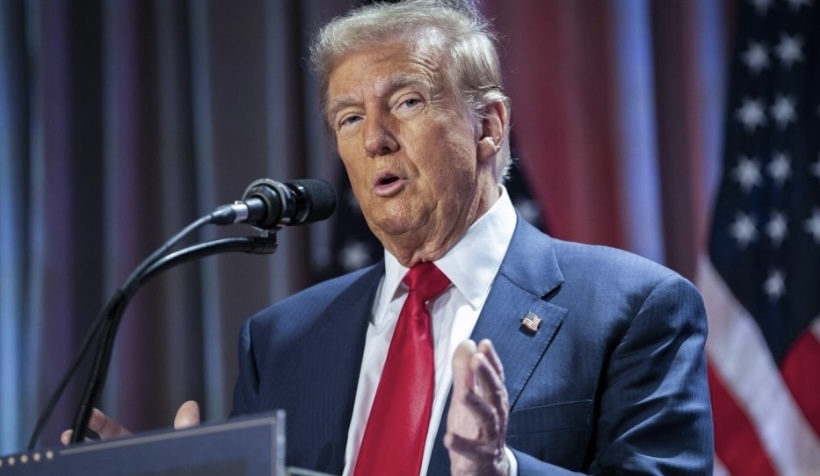NFL
BREAKING: President Trump Administration Mulls Sweeping New Travel Ban Targeting 43 Countries, Including Russia, Belarus, and Others on a Proposed ‘Red List’

Trump Administration Weighs Expanding Travel Ban to 43 Countries, Including Russia and Belarus
In a move that could significantly reshape U.S. immigration policy, former President Donald Trump is reportedly considering implementing a new travel ban that would affect citizens from 43 countries. The proposal, an expansion of the controversial 2017 travel ban, is said to be aimed at addressing national security concerns, particularly in relation to inadequate passport security and insufficient traveler data-sharing by certain nations.
A Tiered Approach to Restrictions
Under the draft proposal, countries would be categorized into three distinct groups based on the severity of travel restrictions imposed:
1. Red List (Complete Travel Ban): Citizens from 11 nations—including Afghanistan, Bhutan, Cuba, Iran, Libya, North Korea, Somalia, Sudan, Syria, Venezuela, and Yemen—would be completely barred from obtaining U.S. visas, effectively suspending their ability to enter the country.
2. Orange List (Strict Visa Limitations): Travelers from 10 countries—Belarus, Eritrea, Haiti, Laos, Myanmar, Pakistan, Russia, Sierra Leone, South Sudan, and Turkmenistan—would face significantly tightened visa requirements, including mandatory in-person interviews and limitations on visa types issued.
3. Yellow List (Compliance Warning): This category consists of 22 countries that have been placed on notice, giving them a 60-day window to enhance their passport security measures and data-sharing agreements with the U.S. Failure to comply could result in these nations being moved to either the Red or Orange lists. Countries in this group include Angola, Antigua and Barbuda, Benin, Burkina Faso, Cambodia, Cameroon, Cape Verde, Chad, the Republic of Congo, the Democratic Republic of Congo, Dominica, Equatorial Guinea, Gambia, Liberia, Malawi, Mali, Mauritania, St. Kitts and Nevis, St. Lucia, São Tomé and Príncipe, Vanuatu, and Zimbabwe.
Rationale and Potential Impact
The proposed travel ban aims to bolster U.S. security by ensuring that all foreign travelers come from countries that meet stringent identity verification and intelligence-sharing standards. Trump’s 2017 travel ban, which initially targeted predominantly Muslim-majority nations, was met with widespread criticism and legal challenges. The new iteration, however, appears to be broader in scope and less focused on specific religious or regional demographics.
While the policy remains under review, its potential effects could be far-reaching. Critics argue that the ban may damage diplomatic relations, disproportionately impact refugees and asylum seekers, and create hardships for families seeking to reunite. Others contend that such restrictions are necessary to prevent potential security threats and to ensure that foreign governments comply with international data-sharing agreements.
Economic and Political Considerations
Beyond security concerns, Trump has also floated a proposal for a “gold card” visa initiative, which would grant wealthy foreign investors green card privileges for a $5 million investment in the U.S. This move suggests an economic incentive approach, contrasting with the stricter travel restrictions being proposed for certain countries.
As the proposal undergoes further evaluation, it is expected to spark significant debate among policymakers, legal experts, and the international community. The final decision on the ban, as well as the specific countries affected, remains uncertain, but its potential implications for global mobility and U.S. foreign policy could be profound.












